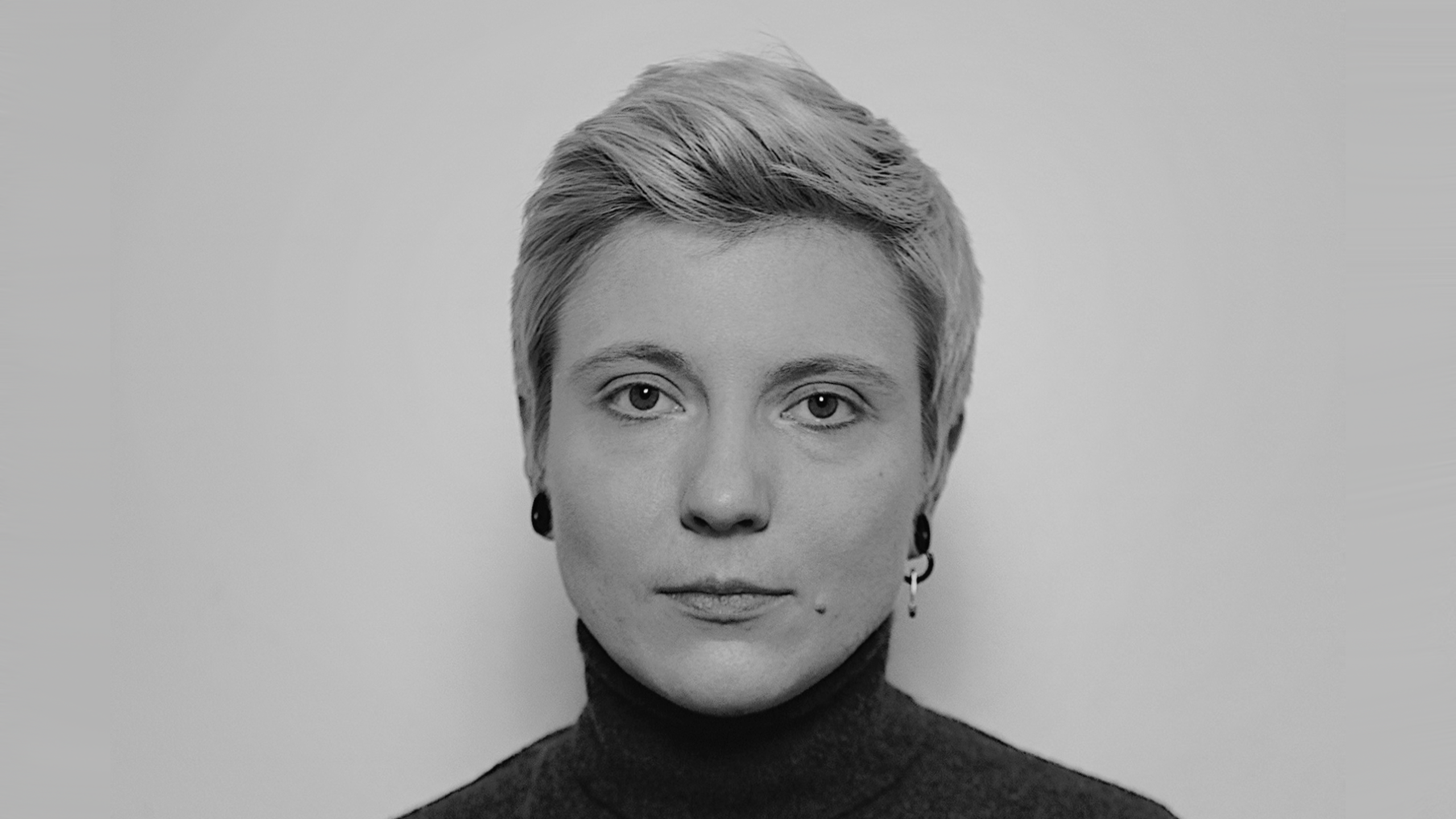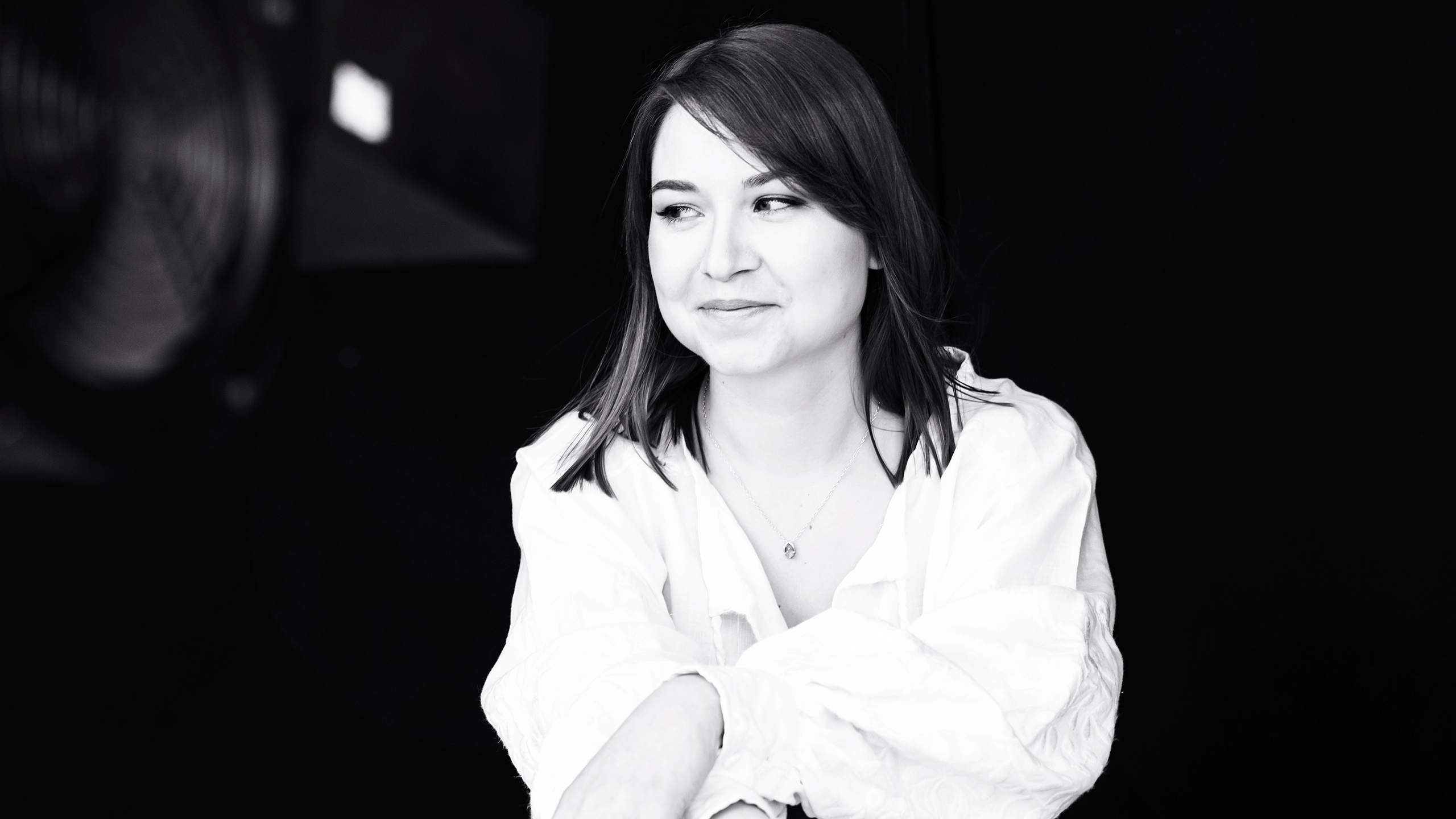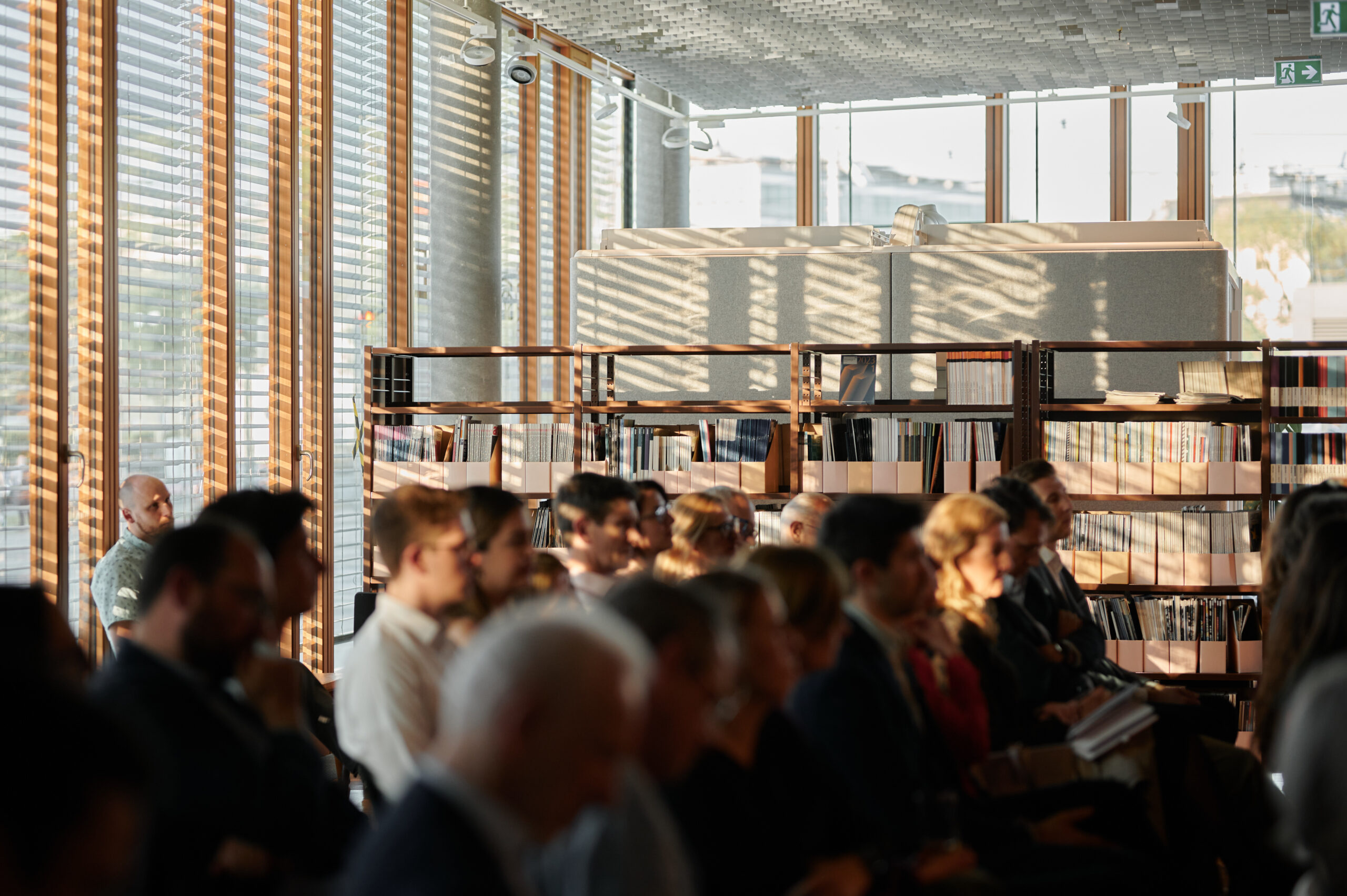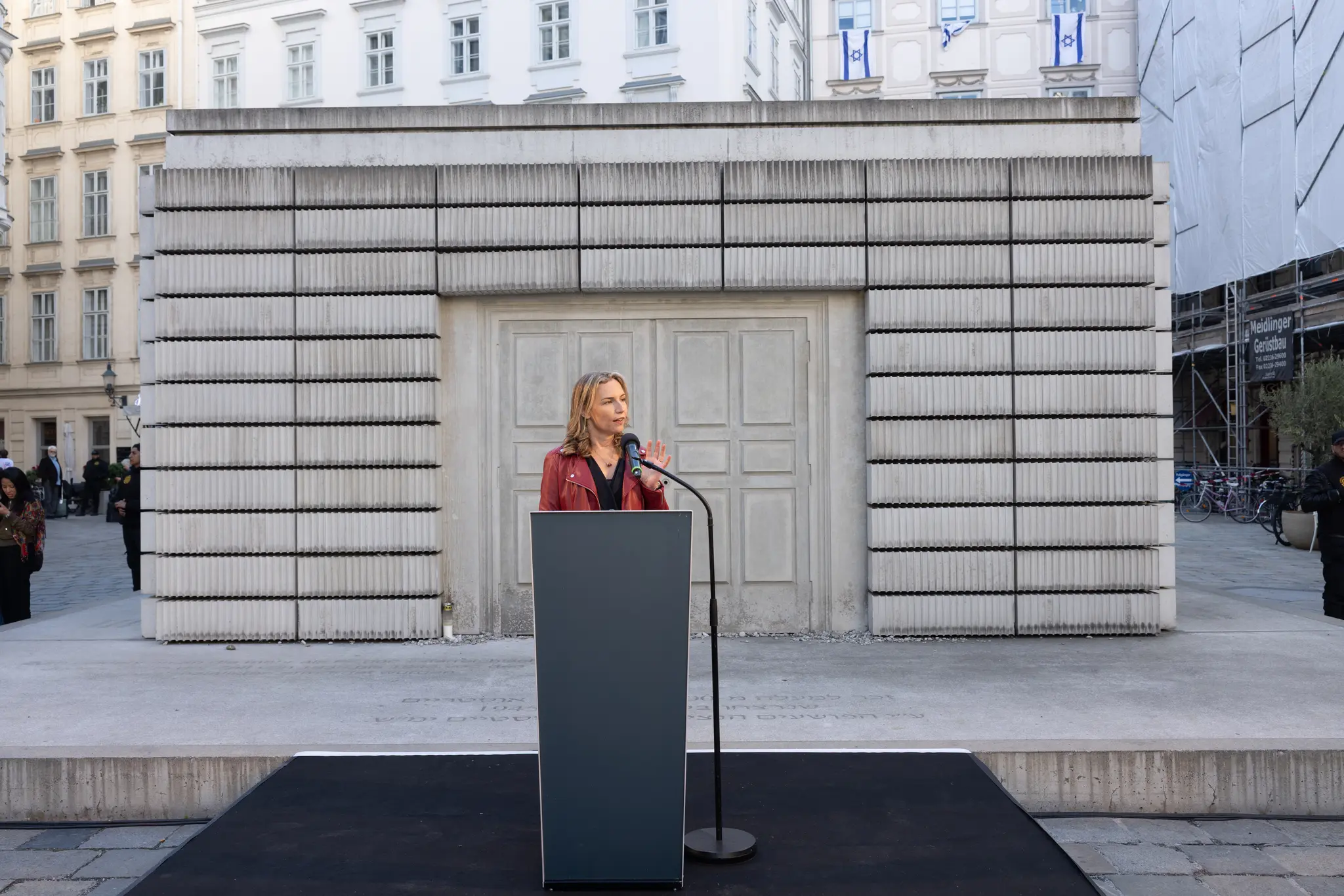Journal
5 August 2025
Reading Time: 3'
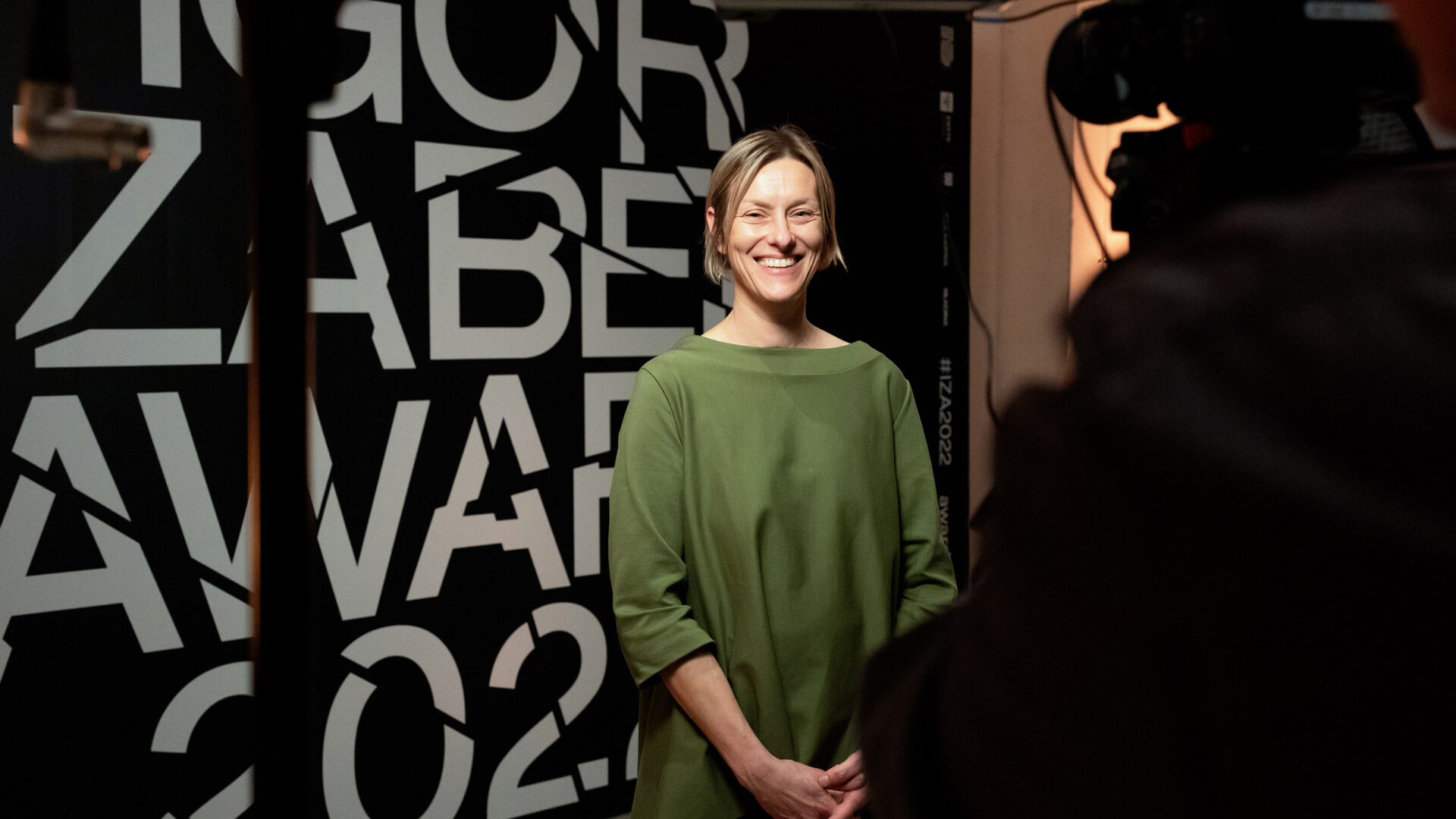
Three questions to Urška Jurman
Urška Jurman is an art historian and a sociologist of culture. She is active as a curator, editor, art writer, and programme manager in the field of contemporary art. Since 2013, she has been a programme manager at the Igor Zabel Association for Culture and Theory in Ljubljana.
ERSTE Foundation How would you describe the breadth and impact of Igor Zabel’s contributions to the field of art and culture and what do you consider most distinctive about his work?
Urška Jurman Igor Zabel (1958–2005) worked across many cultural fields – as an art historian, curator, critic, editor, writer, translator, and mentor. If there’s one thing that characterizes his diverse activities, is his critical examination of canonical and hegemonic narratives and power relations. As an art historian and curator at the Museum of Modern Art in Ljubljana, he made a key contribution to a more adequate historical placement of the avant-gardes and contemporary art practices – back then on the fringe of art history in Slovenia. In his writing, he also advocated for an in-depth consideration of the political and social context in understanding art, while also insisting on art’s ability to tear apart the very substrata that determines it. This was also evident in his reflections – perhaps his most internationally recognized work – on Europe’s changing political geography after the fall of the Berlin Wall and its impact on the art field.
EF In your view, how has Igor Zabel’s legacy shaped the discourse around contemporary art in (Eastern) Europe, especially in terms of curatorial ethics?
UJ Back in the 1990s and early 2000s, Zabel reflected a lot on both, the changing role of the curator and art institutions. These examinations were central to one of his most personal and meaningful exhibitions: Inexplicable Presence: Curator’s Working Place (1997). In this intimate project, he emphasized the importance of dialogue within the role of the curator. In his writings on this topic, he also advocated for the necessity to critically (self-)reflect and deconstruct the position of power. I assume that Zabel’s urge to critically consider the role of a curator was also influenced by the rise of the curator-as-celebrity phenomenon – something that felt both foreign and superfluous to him.
EF How did his ideas and curatorial methods inspire the creation of the Igor Zabel Award for Culture and Theory?
UJ The Igor Zabel Award for Culture and Theory builds on the legacy of Igor Zabel who dedicated a significant part of his work to creating a deeper and more nuanced understanding of art from Central and Eastern Europe. Zabel was in both, his writing and curatorial work, locally situated and yet internationally relevant, self-reflective and critical. The Igor Zabel Award takes its inspiration from this legacy, as well as from Zabel’s very specific way of working in the field of art and culture: supportive, caring, and cooperative. I believe, all of these principles and values not only endure but are becoming increasingly relevant today.
Cover image: Nada Žgank
